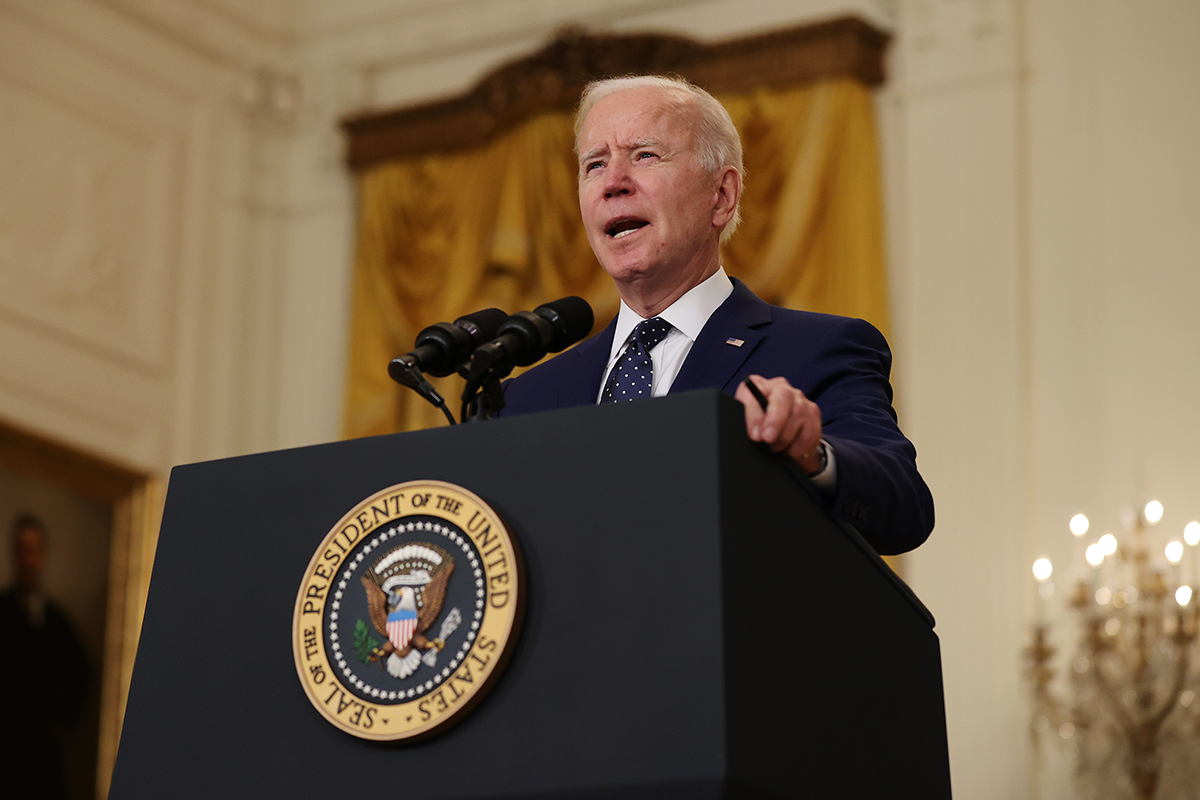Ahead of the Oscars, pharmaceutical giant Eli Lilly is launching a new campaign aimed at curbing the off-label use of its weight-loss medications, Zepbound and Mounjaro. The campaign, titled “Big Night,” targets celebrities and others who might be tempted to use these drugs for quick, vanity-driven weight loss before a red-carpet event.
“Big Night”: A Message for Responsible Medication Use
The “Big Night” ad opens with a scene reminiscent of a glamorous awards show, complete with a red carpet and flashing cameras. A voiceover, however, quickly disrupts the illusion, stating, “Some people have been using medicine never meant for them. For the smaller dress or tux, for a big night, for vanity.”
The ad then shifts gears, showcasing a woman using public transportation while dressed in everyday clothes. The voiceover continues, emphasizing the true purpose of these medications: “People whose health is affected by obesity are the reason we work on these medications. It matters who gets them.”
While the ad doesn’t explicitly mention brand names, the message aligns with Eli Lilly’s recent efforts to discourage the misuse of its GLP-1 receptor agonist drugs, Mounjaro (approved for type 2 diabetes) and Zepbound (approved for chronic weight management).
GLP-1 Agonists: A New Weapon Against Obesity, but Not a Magic Bullet
Zepbound and Mounjaro belong to a class of medications known as GLP-1 receptor agonists. These drugs work by mimicking hormones that regulate appetite, satiety (feeling full), and insulin secretion. Similar drugs, Ozempic and Wegovy, are produced by Eli Lilly’s competitor, Novo Nordisk.
Both the FDA (Food and Drug Administration) and clinical trials have demonstrated the efficacy of these medications for weight loss. Studies show an average weight loss of 15-20% in patients with obesity or overweight and a weight-related health condition (e.g., high blood pressure or cholesterol).
However, these medications are intended for specific patient populations as defined by body mass index (BMI). Generally, they are prescribed to individuals with a BMI of 30 or higher (obesity) or a BMI of 27 or higher (overweight) with a weight-related health condition.
Eli Lilly CEO David Ricks on Responsible Use of Weight-Loss Drugs
Eli Lilly CEO David Ricks emphasizes the importance of treating obesity as a serious medical condition, not a cosmetic concern. He highlights three key reasons for advocating for responsible use of these medications:
- Insurance Coverage: Currently, insurance coverage for weight-loss medications remains limited. This restricts access for many who could benefit most.
- Medication Shortages: The high demand for GLP-1 receptor agonists has led to shortages. Diverting these medications for off-label use could further exacerbate supply issues for patients who truly need them.
- Safety and Efficacy Concerns: Clinical trials focused on patients with obesity or overweight and weight-related health conditions. The safety and efficacy of these drugs in individuals seeking cosmetic weight loss are unknown.
Ricks emphasizes that Eli Lilly has no current plans to explore the use of these medications for cosmetic purposes. The company’s mission, he states, lies in addressing critical health issues, not profiting from superficial weight loss desires.
Challenges and Considerations for Responsible Use
While Eli Lilly’s campaign promotes responsible use, significant challenges remain:
- Limited Insurance Coverage: Expanding insurance coverage for weight-loss medications would improve access for patients with obesity and weight-related health conditions.
- Medication Shortages: Both Eli Lilly and Novo Nordisk are working to increase production capacity to address medication shortages.
- Shifting Public Perception: Educating the public about obesity as a serious medical condition and the appropriate use of weight-loss medications is crucial.
Possible FAQs
Q: What are GLP-1 receptor agonist drugs?
A: GLP-1 receptor agonists are a class of medications that mimic hormones regulating appetite, satiety, and insulin secretion. They are used to treat type 2 diabetes and chronic weight management.
Q: Are weight-loss medications appropriate for everyone?
A: No. These medications are intended for individuals with obesity or overweight and a weight-related health condition, as determined by a doctor.
Q: Why is Eli Lilly discouraging off-label use of weight-loss medications?
A: Eli Lilly is concerned about limited insurance coverage, medication shortages, and the lack of safety and efficacy data for off-label use.
Q: How can I access weight-loss medications if I have obesity or a weight-related health condition?
A: Consult with your doctor to determine if these medications are right for you and explore potential




